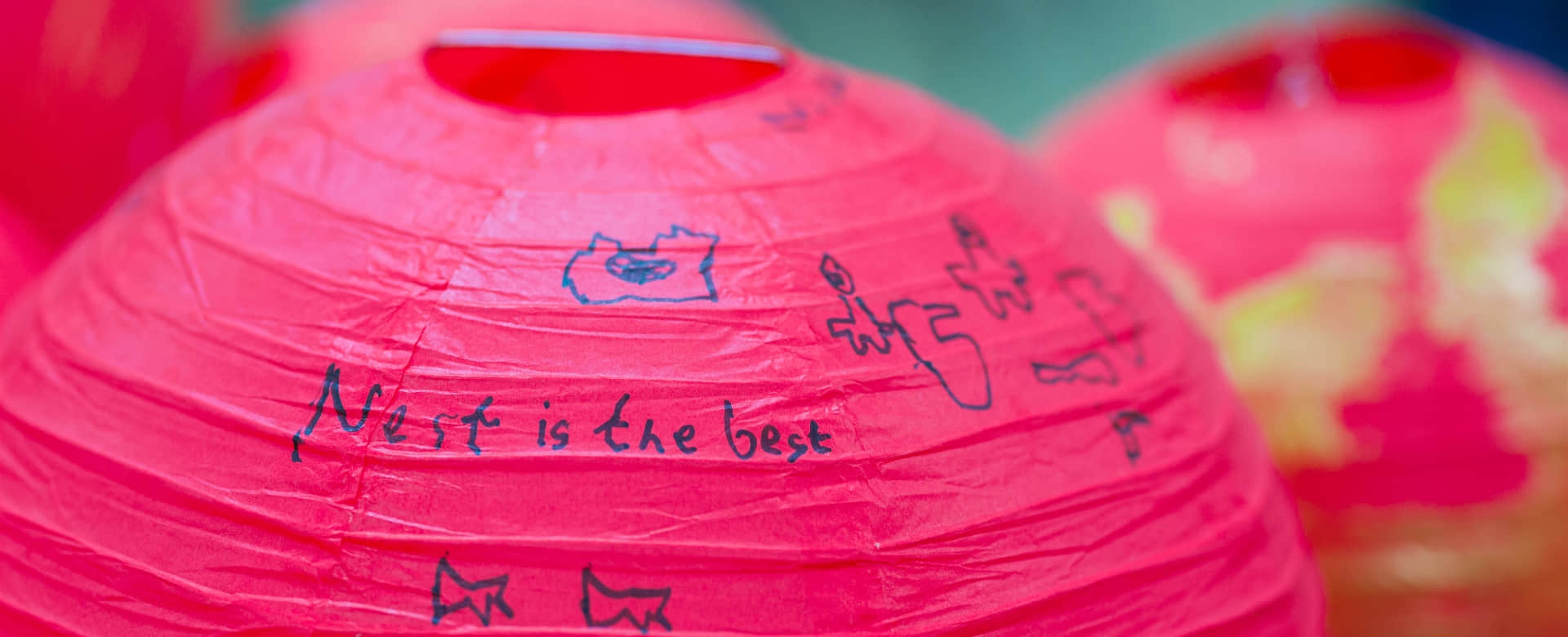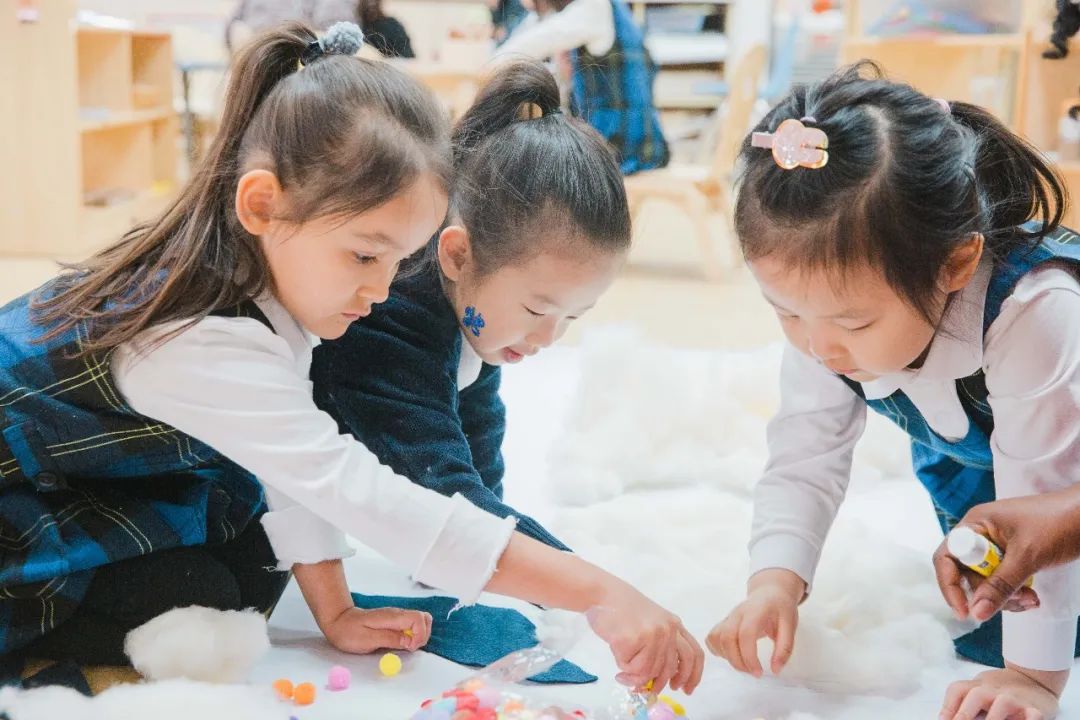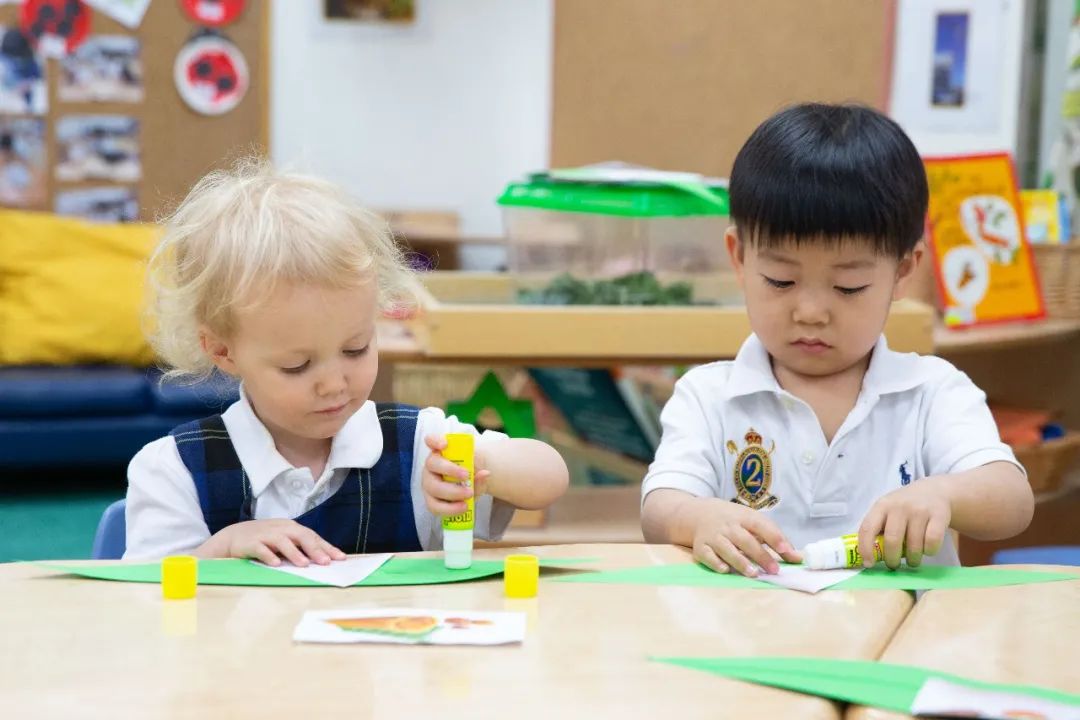Sensory play in Early Childhood Education. How important is it?
Ms. Stephanie Lewis
Eaglets Teacher
The importance of sensory play in Early Years is an important part of early childhood development, providing opportunities for children to actively use their senses as they explore their world through ‘sensory play’. Giving young children a variety of different sensory experiences, a hands-on feeling of the different textures of a range of materials. Sensory experiences (feeling and making marks through playdough, cornflour, sand, and water) will enhance a child's fine motor skills and strengthen the muscles in their fingers, as well as improving physical development, and getting the child ready when they start to write. Furthermore, some children may find it difficult to play with other children when there is too much noise going on in their environment. Having the opportunity to engage through sensory play, children can block out the noise, which is not important and focus on the play with the other children.
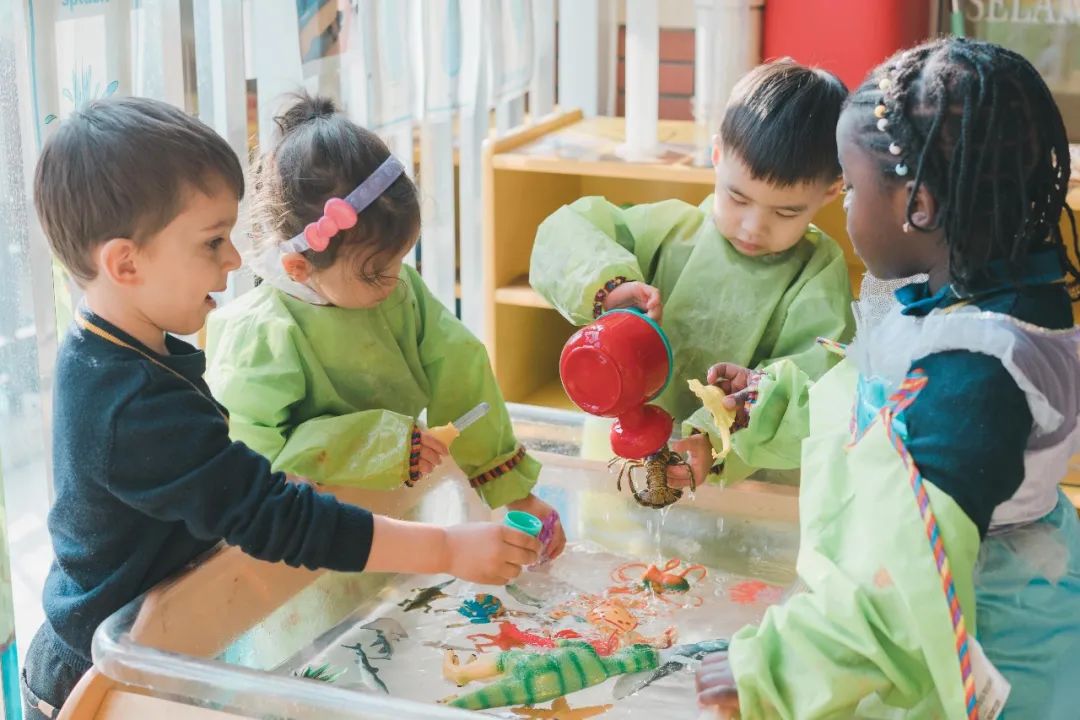
Sensory play is a very important part of learning, through all our five senses: seeing, smelling, hearing, feeling, and tasting. Sensory play comes naturally for children and should be encouraged and supported at home as well in the learning environment.
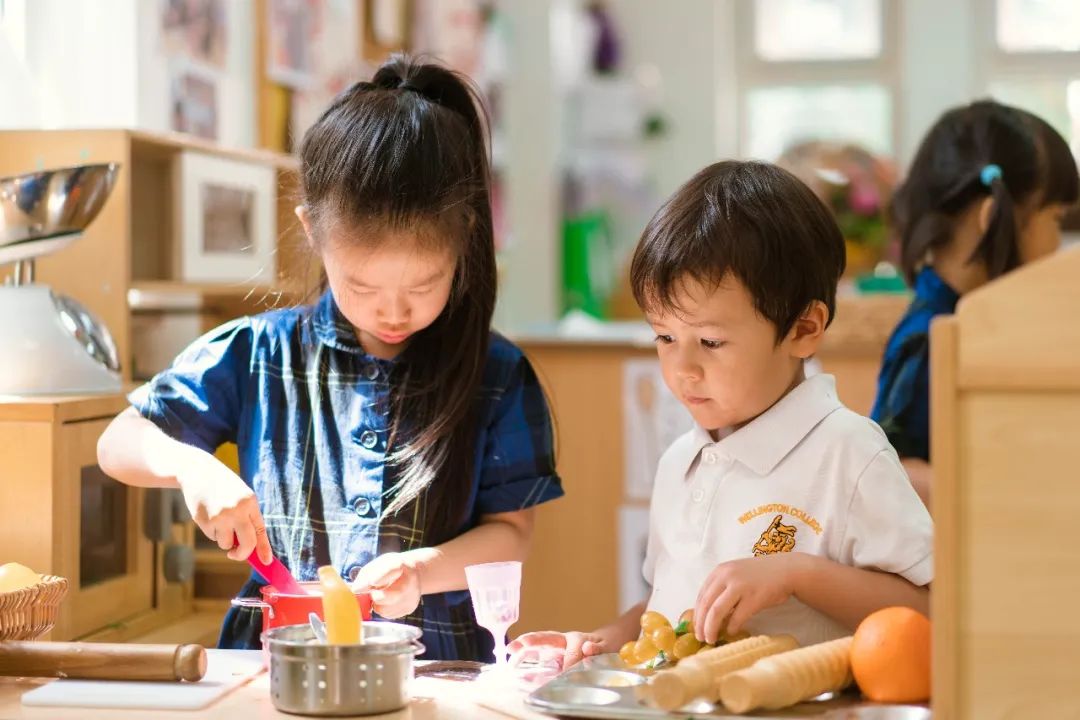
As they grow, children’s senses are their most familiar and most basic way to explore and process new information. Sensory play enhances learning through hands-on activities that stimulate the senses. This is a great way for the children to explore the world they live in.
Research shows that sensory play builds nerve connections in the brain’s pathways, which lead to a child’s ability to complete more complex learning tasks. Sensory play supports language development, cognitive growth, fine and gross motor skills, problem-solving skills, and social interaction.
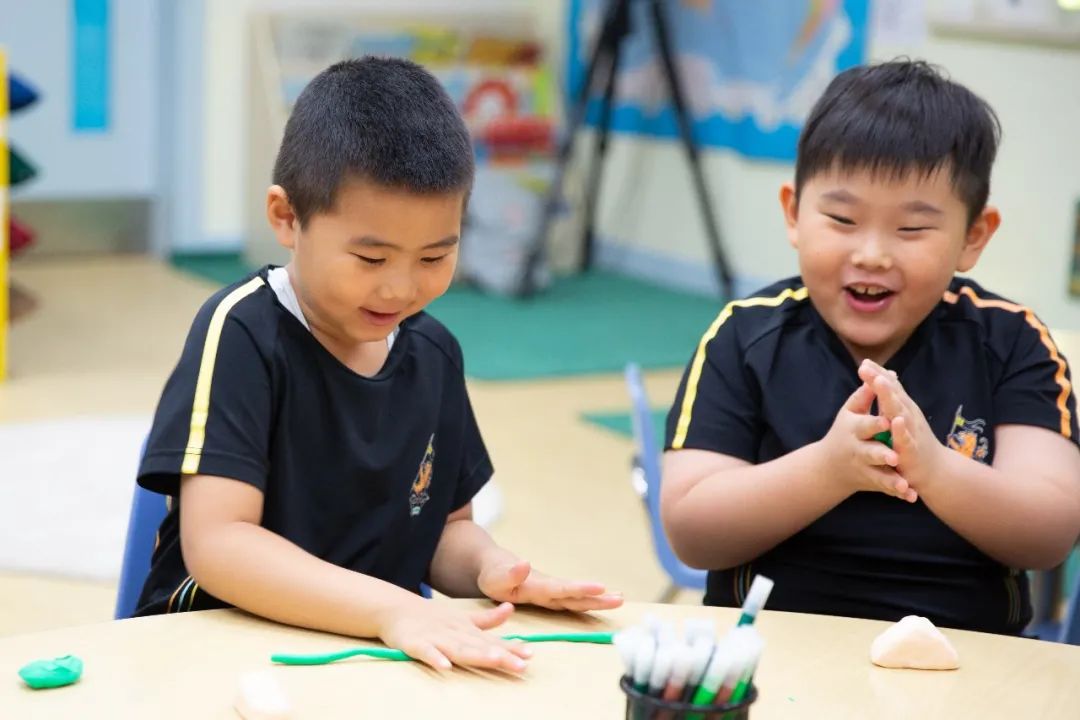
Sensory play is great for calming an anxious or frustrated child and developing and enhancing memory. It has an impact on a child’s ability to learn sensory attributes, such as hot, cold, dry and sticky. The best part of sensory play is that it provides an opportunity for every child to succeed. Children who struggle academically can find solace in sensory play.
Here are two ideas, which the children really enjoy and have lots of fun. They help with sensory play at home.
Cornstarch
Playdough
3 to 4 cups of flour
4 spoon flour of salt
Half a cup of cooking oil
1 cup of water to start with
Mix all together, in a large bowl.
Food colouring Colour
You may need to add more water until it is firm and sticky
Then mould it on the tablet (you may need to add a little flour so it’s not sticky)
Last of all
Have lots of fun!!!!!!!
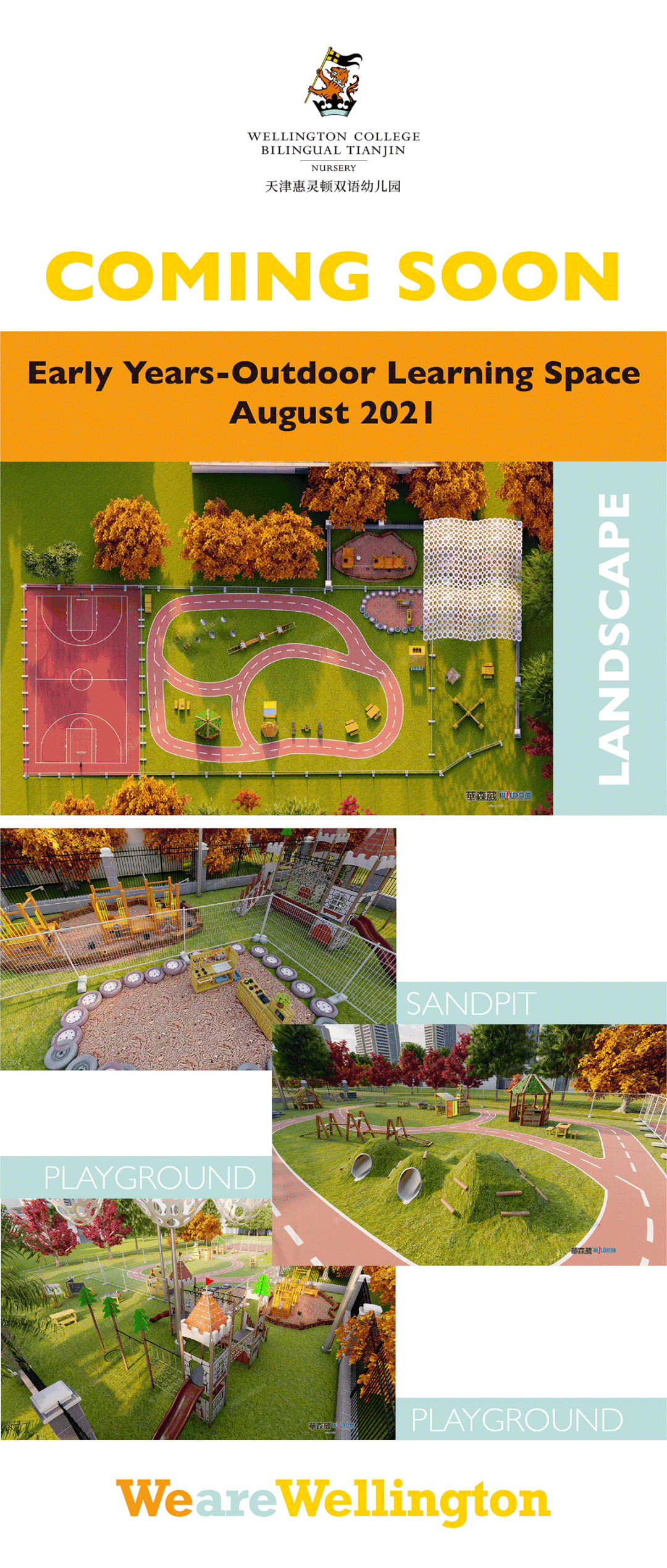
Related Articles








 Channel
Channel 
 Linkedin
Linkedin  Weibo
Weibo  Facebook
Facebook  Ins
Ins 


